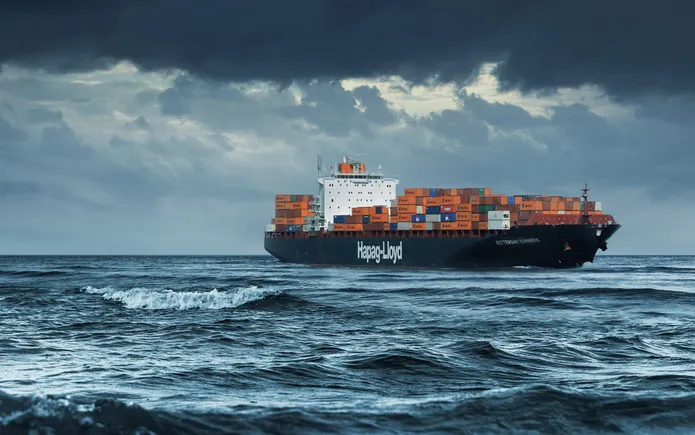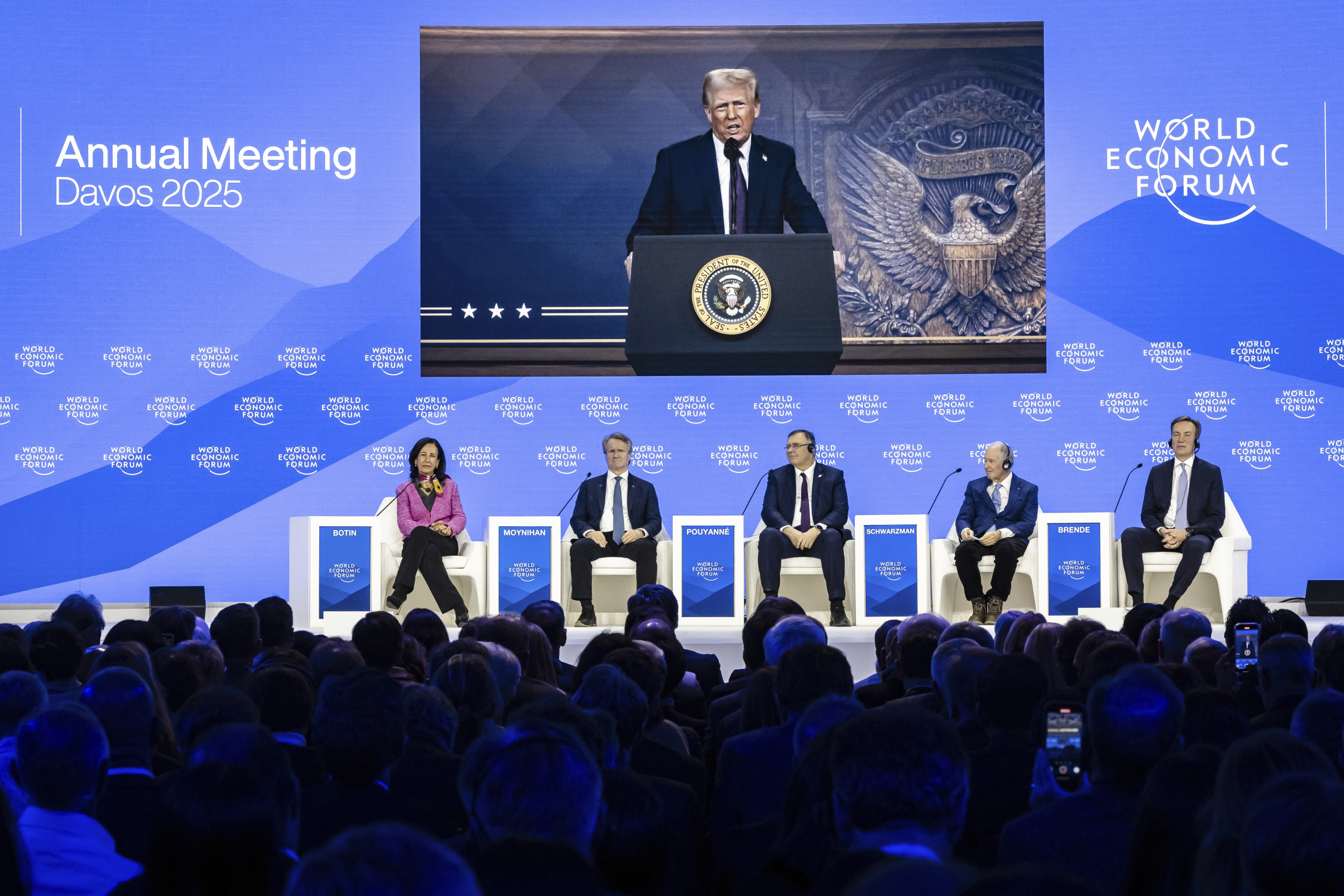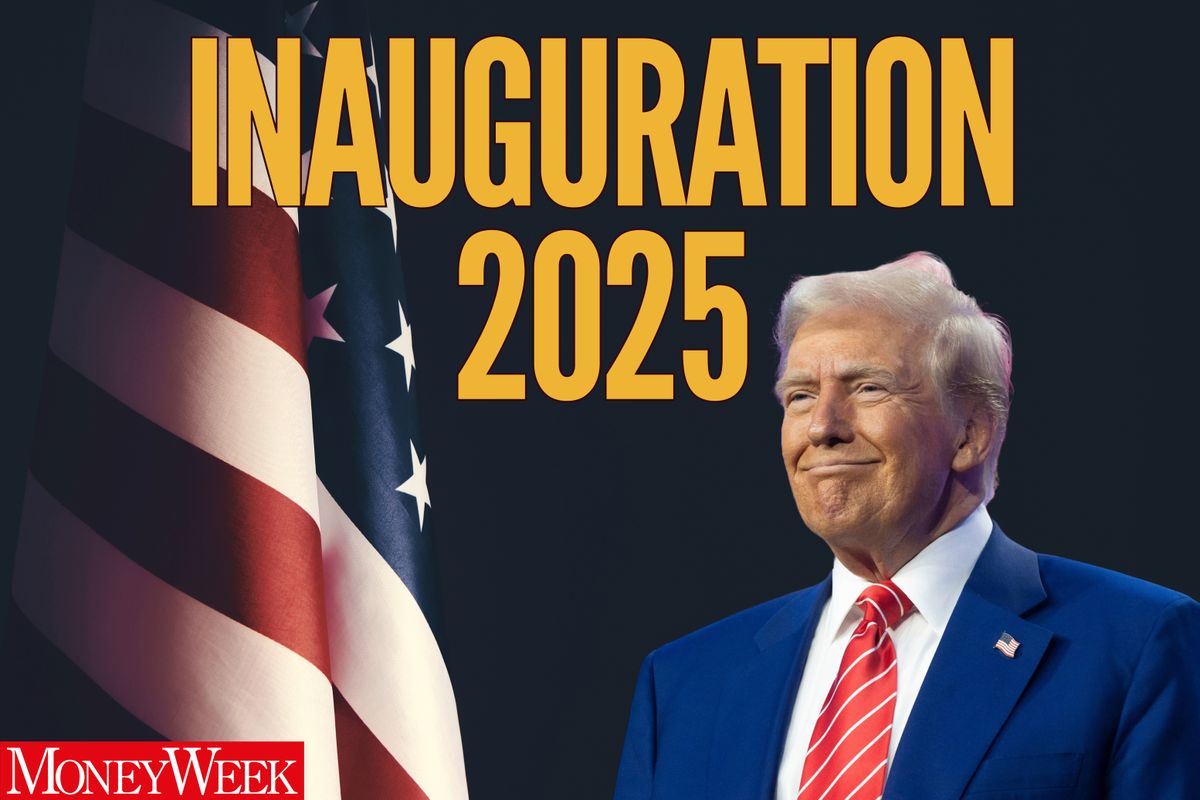









On January 27, 2025, former President Donald Trump unveiled a bold 'Make in America' initiative, which mandates that businesses must relocate their manufacturing operations to the United States or face significant tariffs [0d62523d]. This announcement comes in the wake of Trump's earlier statements at the World Economic Forum, where he emphasized a universal tariff of around 20% on imports, with specific tariffs of 25% on products from Canada and Mexico, and a potential 10% tariff on Chinese goods [a89e753b]. Trump's administration aims to reshape global manufacturing and trade dynamics, proposing a reduction in the corporate tax rate from 25% to 15% to incentivize domestic production [0d62523d].
The implications of this initiative are vast, as it could disrupt supply chains, particularly for countries like China and India, which currently face corporate tax rates around 25% [0d62523d]. While U.S. consumers may benefit from lower prices and job creation, the potential downsides include increased production costs and heightened global trade tensions [0d62523d]. Trump's earlier tariffs, projected to generate significant revenue for the U.S. treasury, are now seen as part of a broader strategy to bolster American manufacturing and reduce reliance on foreign goods [adb8837a].
In his initial address at the World Economic Forum, Trump claimed a 'massive mandate' from the American people to implement these tariffs, stating that non-compliance could generate hundreds of billions to trillions of dollars for the U.S. treasury [a89e753b]. The Tax Foundation has projected that these tariffs could shrink long-run economic output by 0.4%, potentially costing around 344,000 jobs across various sectors [8307b1f1]. Furthermore, the Committee for a Responsible Federal Budget forecasts a 0.3% cut in U.S. output and anticipates a revenue increase of $140 billion this year due to these tariffs [8307b1f1].
Trump's aggressive economic policies, including the 'Make in America' initiative, align with his broader agenda of anti-immigrant policies and trade strategies aimed at rebalancing the U.S. economy [3017c04b]. This has raised alarms particularly regarding the potential for a global trade war, as Canadian officials are already preparing to retaliate against the proposed tariffs [654784a4].
The initiative has sparked discussions among global leaders, with Christine Lagarde, President of the European Central Bank, calling for negotiations in response to Trump's accusations of unfair trade treatment [b0f9d8ee]. Analysts warn that targeting individual EU member states with tariffs could undermine European unity, complicating the EU's collective response to U.S. economic coercion [b5f25325].
As the global economic landscape shifts, Trump's policies are expected to create significant challenges and opportunities for international trade. The IMF has cautioned that protectionist policies could lead to disruptions in global supply chains, which may hinder anticipated economic growth [e942a858]. With the inauguration now complete, all eyes are on how these policies will unfold and their implications for both domestic and international markets [7f8fb2f6].